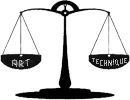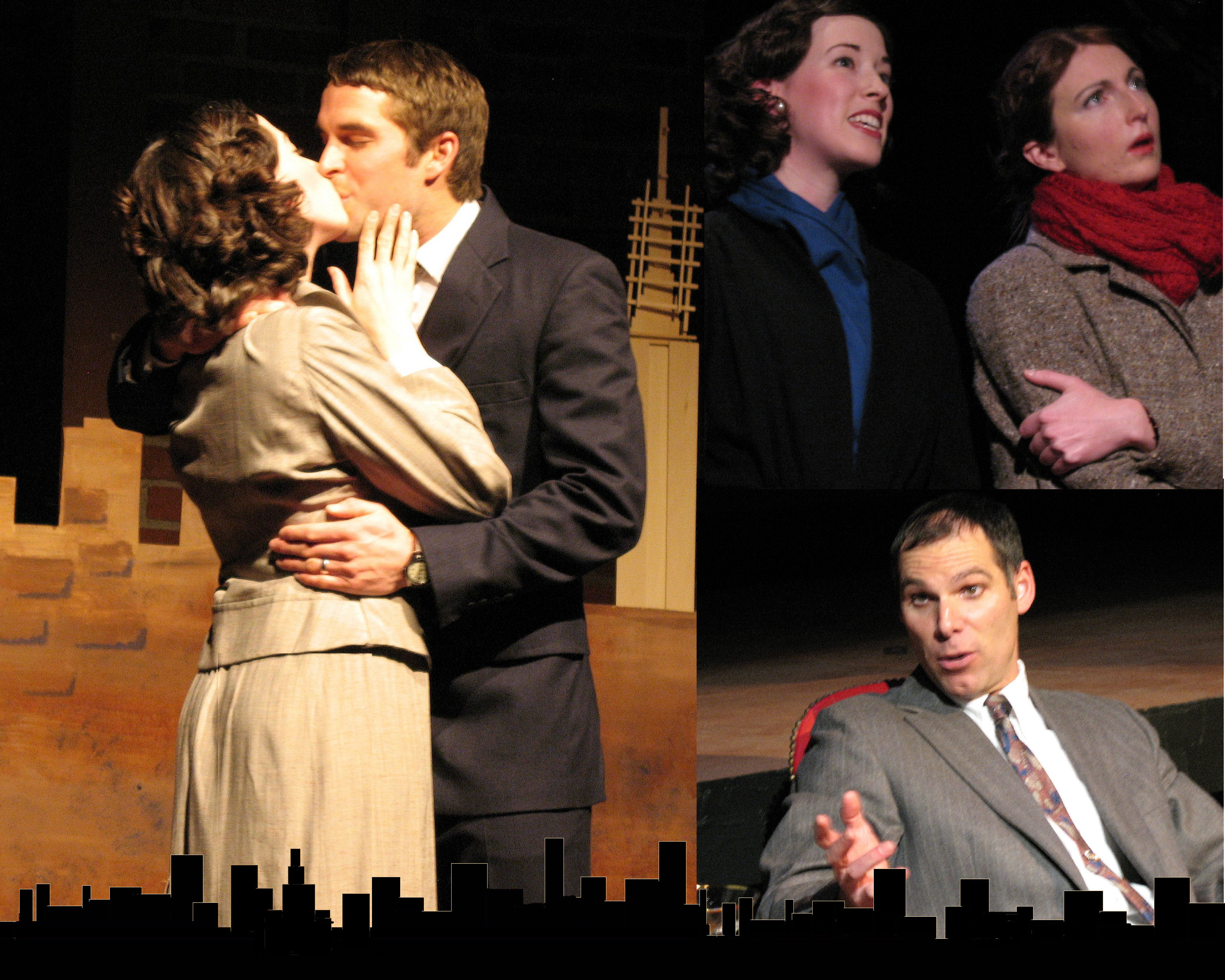February 2, 2007
The Equation
.jpg)
Remember which pre-Socratic thinker said, "Time keeps on slipping into the future"? In Charles Waxberg's The Equation, time comes in sedimentary layers, a contradictory past unearthed month by month. It works. But if you're going to see just one play this year -- and you want one that locates the roots of modern-day conspicuous consumption in the hand-to-mouth neediness of the Depression -- dig in.
Here's the deal: things kick off with salesman Arash in his New York home. It's 1959, around Christmas. He's a go-getter, but something's eating at him. He knows we're from another time: "What is it that you know that we don't?" he asks and we all wisely keep silent. Arash is Chris MacDonald, doing a 180-turn from his recent dissolute Sir Toby Belch.
Arash is nothing but solute, a one-time car salesman who swapped Volvos for coffins once he got wind of the margins in the undertaking business. He means to conduct a seminar on the American Dream, on being a high performer, but he keeps getting sidetracked by his family history.
It goes like this: back in 1931, Barron (Aaron Heinzen) and Victoria (Erika Godwin), a young couple, separate. Victoria snaps and orders some woman -- oh, she's a nanny -- out of her home. Then she leaves, too. Barron's begging her to stay. He's crying, she's outraged. The actors have to hit the ground running -- it's the most emotional scene in the play, right out of the gate, and opening night they didn't quite get there. The next seven flashbacks explain what we just saw, and each undermines the previous one. We kept having to revise our "Oh, now we get it!"s. For comic relief there's Nick Cameron's absent-minded Dr. Jerome, modeled on Columbo.
Plays are better when we're invited to the mystery -- things unfolding we can't predict. Here, everything has already happened -- it's a puzzle. (Yes, we're quoting Gladwell.) You get an Aha! moment from solving it, but it doesn't come fully alive, being out of sequence. Yet the play does make you feel something: it's troubling to glimpse the whole puzzle there at the end, like a chord strummed just once and left to decay. You saw the birth, and then there he is grown up, Arash, death merchant, screaming at carolers.
The Equation. Balagan Theatre, upstairs at CHAC--7:30pm Thurs - Sat, 2pm Sun; through February 17--Tickets: $10 advance/$15 at the door


